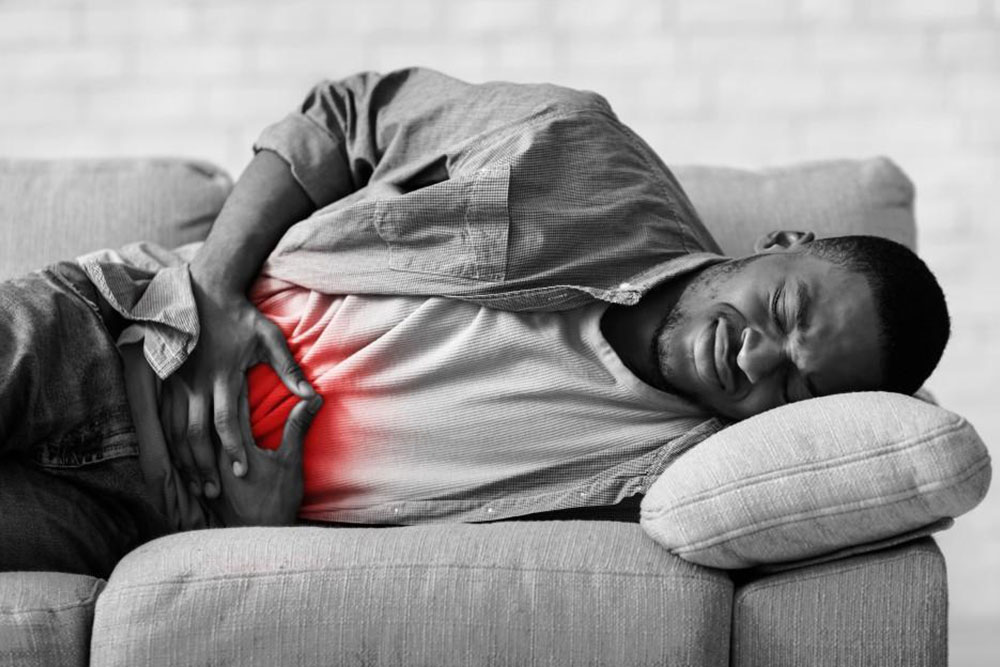What Is Rectocele?
A rectocele happens when the wall between the rectum and vagina becomes weak. This allows the rectum to bulge into the back of the vagina. It's a type of pelvic organ prolapse. Women in Houston often ask, -What is a rectocele prolapse?- It means part of the rectum is pushing into or out of the vagina, causing discomfort.
Common Causes and Risk Factors
- Vaginal childbirth
- Getting older
- Chronic constipation and straining
- Being overweight
- Past pelvic surgeries, like a hysterectomy
Signs and Symptoms
- Pressure or fullness in the vagina
- A bulge felt or seen near the vaginal opening
- Trouble passing stool
- Needing to press on the vagina to have a bowel movement
- Pelvic pain or lower back discomfort
How Dr. Rishi Chadha Diagnoses Rectocele?
Dr. Rishi Chadha uses a step-by-step approach:
1. Symptom Assessment and Medical History
Dr. Chadha will talk with you about your symptoms, medical history, childbirth history, and any risk factors like chronic constipation or prior pelvic surgeries.
2. Gentle Pelvic Examination
A hands-on pelvic exam allows him to feel for vaginal bulges, assess the strength of the rectovaginal wall, and confirm a rectocele.
3. Imaging Studies (as needed)
- Defecography-an X-ray or MRI study performed during bowel movements to visualize how the rectum bulges into the vagina.
- Pelvic ultrasound or MRI-to get detailed images of pelvic organs and rule out other prolapses.
4. Quality-of-Life Evaluation
He may use questionnaires to understand how rectocele symptoms affect your daily activities, bowel habits, and comfort, ensuring a personalized treatment plan.
Frequently Asked Questions
How long can you live with a rectocele?
Mild cases may not need surgery. Early care'like diet changes and pelvic exercises-helps keep symptoms from worsening.
What is a rectocele?
It's when the rectum bulges into the back wall of the vagina due to a weakened tissue barrier.
What is rectocele prolapse?
It's a more advanced form where the bulge can be felt or even seen protruding from the vagina.
How can I live with a rectocele?
Eat more fiber, stay hydrated, avoid straining, and practice pelvic floor exercises (like Kegels) regularly.
Do I need surgery for rectocele?
Not always. Many women find relief with non-surgical treatments such as pessaries, lifestyle changes, and medication.
Does rectocele cause pain during sex?
Some women experience pressure or discomfort. Pelvic floor therapy and proper lubrication can help improve comfort.
Can it get worse over time?
Yes. Without proper care, the prolapse can progress and symptoms may intensify.
What are the surgery options?
Repairs can be done transvaginally or laparoscopically with small incisions to reinforce the rectovaginal wall.
Can I still exercise?
Yes. Low-impact activities and guided pelvic floor workouts are generally safe and encouraged.
How long is recovery after surgery?
Most patients return to light activities in 1-2 weeks and resume normal routines in about 4-6 weeks.











